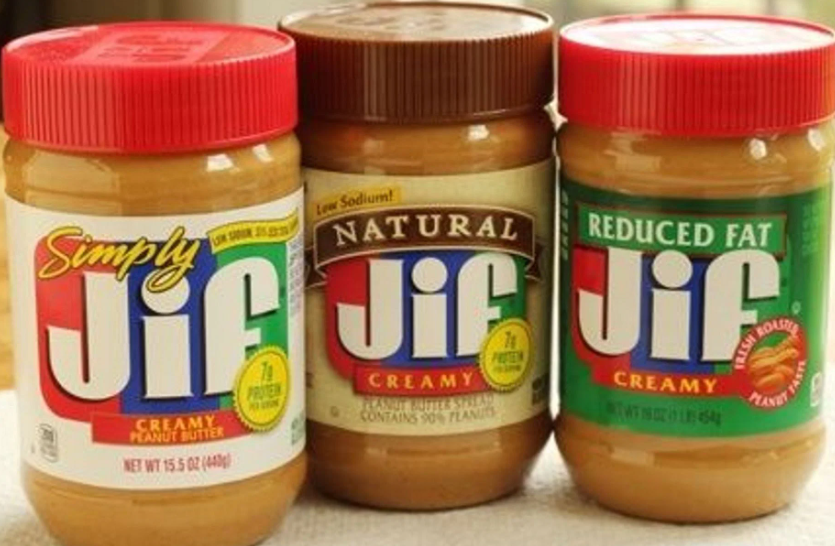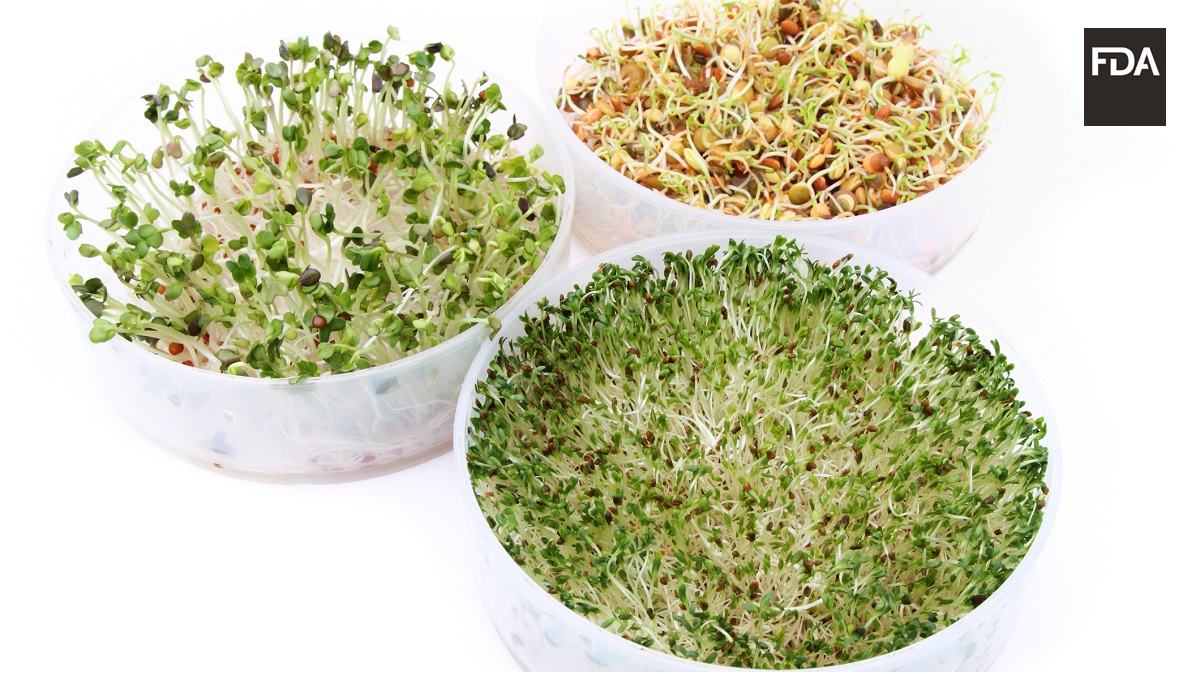The FDA and CDC and state and local partners are investigating a multistate outbreak of Salmonella Senftenberg infections linked to Jif peanut butter products produced at the J.M. Smucker Company facility in Lexington, Kentucky. CDC’s review of epidemiological information indicates that five out of five people reported consuming peanut butter, and four of the five people specifically reported consuming different varieties of Jif brand peanut butter before becoming ill. FDA conducted Whole Genome Sequencing (WGS) analysis on an environmental sample collected at the Lexington, KY, J.M. Smucker Company facility in 2010. The analysis shows that this 2010 environmental sample matches the strain-causing illnesses in this current outbreak. Epidemiologic evidence indicates that Jif brand peanut butter produced in the J.M. Smucker Company facility located in Lexington, KY, is the likely cause of illnesses in this outbreak. J.M. Smucker Company recalled the products. There are 14 illnesses, two hospitalizations, and no death associated with the Jif peanut butter. States with Cases: AR (1), GA (2), IL (1), MA (1), MO (1), OH (1), NC (1), NY (1), SC (1), TX (2), VA (1), WA (1). The product was distributed nationwide. @ https://www.fda.gov/food/outbreaks-foodborne-illness/outbreak-investigation-salmonella-peanut-butter-may-2022?utm_medium=email&utm_source=govdelivery




